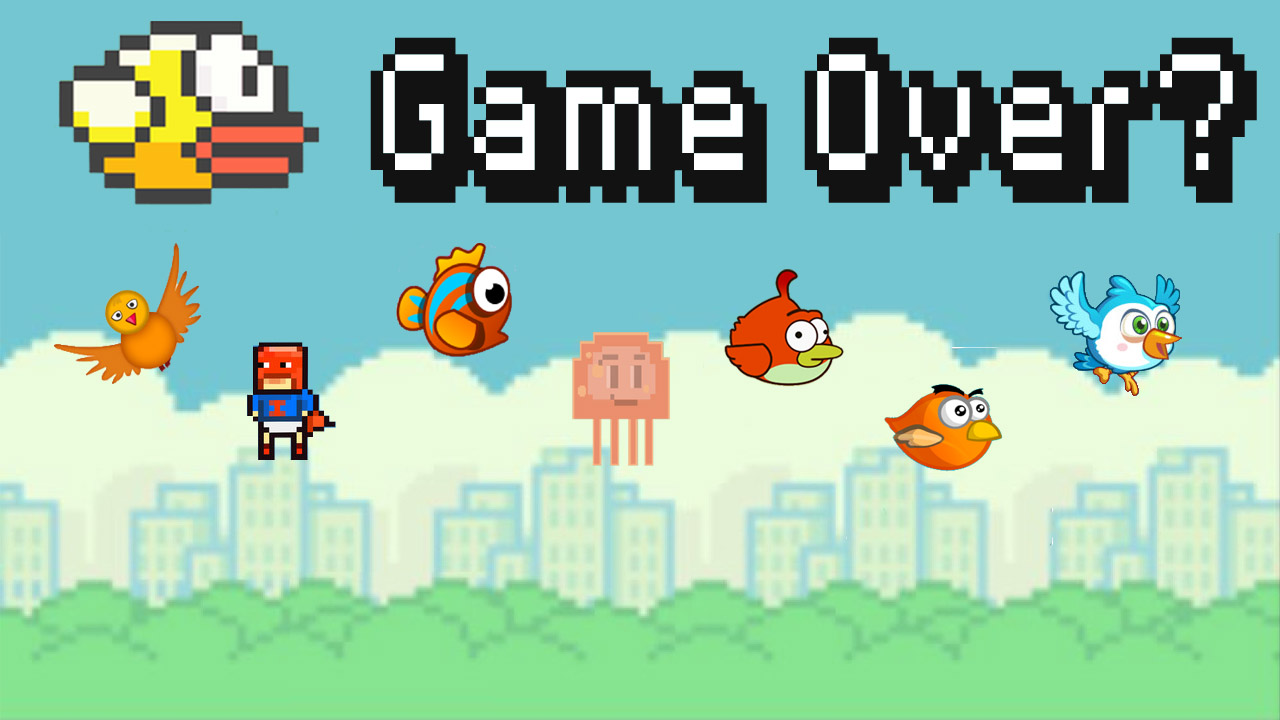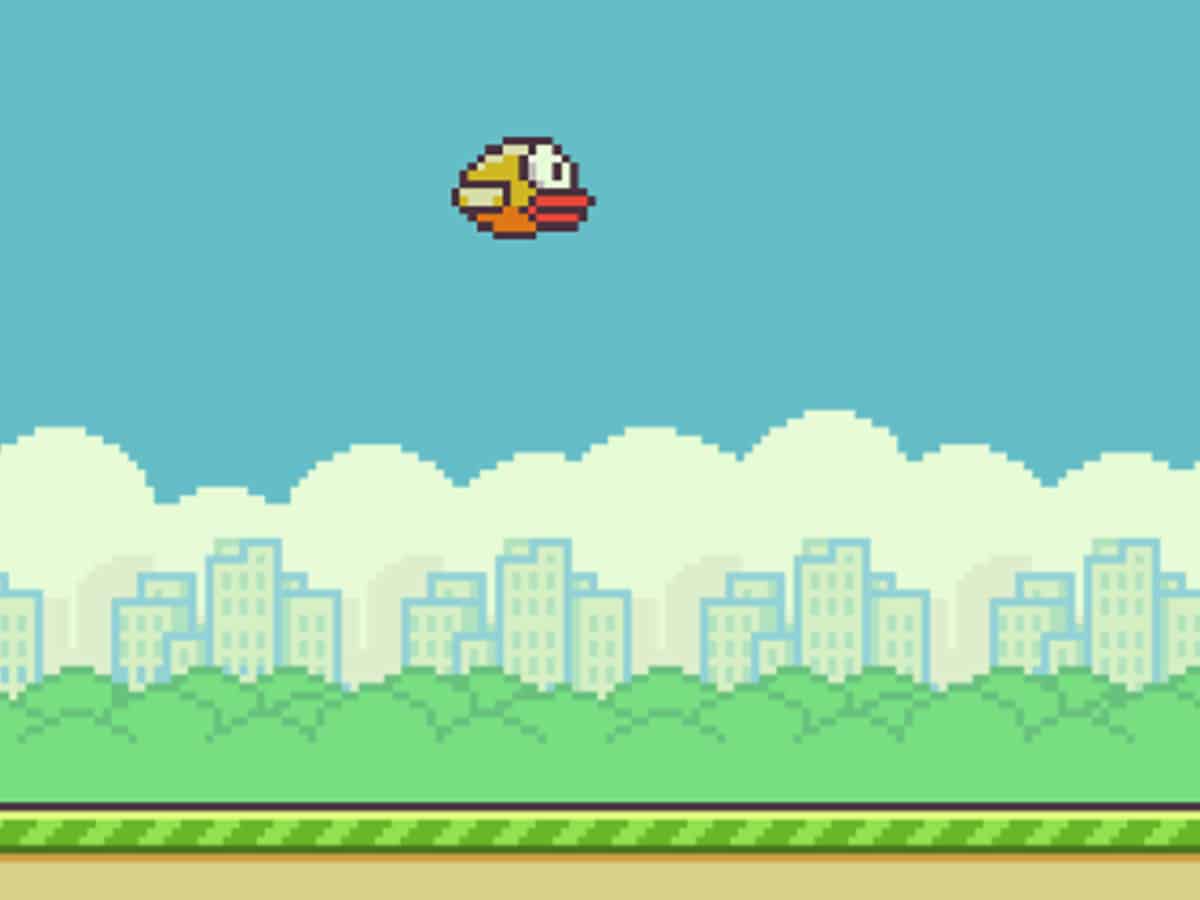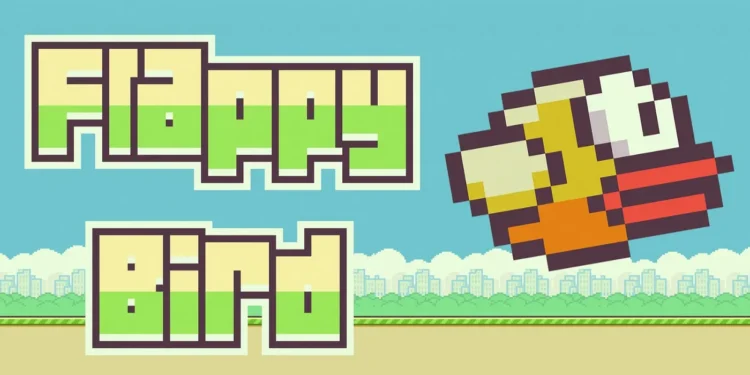In a surprising turn of events, the beloved mobile game Flappy Bird, which soared to viral fame in 2013, is flapping back into the spotlight. However, this revival comes with a twist that’s stirring controversy among fans and industry observers alike. The new version hints at ties to cryptocurrency—a move that has been met with disapproval from the game’s original creator, Dong Nguyen.

Flappy Bird’s Original Flight
Designed by Vietnamese developer Dong Nguyen, Flappy Bird was a simple yet addictively challenging game where players tapped their screens to keep a bird aloft between daunting green pipes. Despite its simplicity, or perhaps because of it, the game became a phenomenon. At its peak, Flappy Bird was pulling in an astonishing $50,000 a day from ad revenues. However, the spotlight turned out to be too bright for Nguyen, who removed the game from app stores only nine months after its release, citing the addictive nature of the game and the unwanted attention it brought him.

The Crypto Controversy
Fast forward to 2023, and Flappy Bird is making headlines again. The Flappy Bird Foundation, under new ownership following a legal battle over trademarks, announced plans to bring back the game. Intriguingly, the revival seems to be nestling up into the crypto world, with hidden web pages hinting at a new model involving cryptocurrencies and a blockchain-based platform. Researcher Varun Biniwale uncovered details suggesting the game might feature a “play-to-earn” model, leveraging tokens and blockchain technology like Solana.
A pulled page from the Foundation’s website claimed the game would “fly higher than ever on Solana as it soars into Web 3.0,” hinting at a transformation from a simple mobile game into a part of the burgeoning Web3 landscape. This move aligns with a broader trend in the gaming industry, where developers are increasingly incorporating blockchain technology to create new forms of player engagement and monetization.

Nguyen’s Disavowal
Despite the excitement around this technological leap, Dong Nguyen has distanced himself from the project. His recent statements on X (formerly Twitter) emphasize his non-involvement and his scepticism about the incorporation of crypto elements in the game that once bore his name. “I did not sell anything,” Nguyen asserts, signalling his disapproval of the new direction.
Industry Reaction and Speculation
The intersection of nostalgic gaming with modern crypto technology raises several questions about the intentions behind Flappy Bird’s resurrection. Michael Roberts, linked to the revival, suggests that more details will be forthcoming. However, the secretive nature of the game’s re-introduction and its potential crypto connections has led to speculation about the motivations of those now steering the Flappy Bird name.

Could this be a genuine attempt to modernize a beloved game, or is it an opportunistic play to capitalize on the nostalgic value of Flappy Bird while tapping into the lucrative crypto market? The community’s mixed reactions reflect broader debates over the role of cryptocurrency and blockchain technology in gaming.
As the situation unfolds, fans of the original Flappy Bird and crypto enthusiasts alike are keenly watching to see whether this phoenix will truly soar in its new digital form or if it will fall to the earth, burdened by its controversial new features. Whatever the outcome, the saga of Flappy Bird continues to captivate and provoke discussion on the future of gaming and digital ownership.










